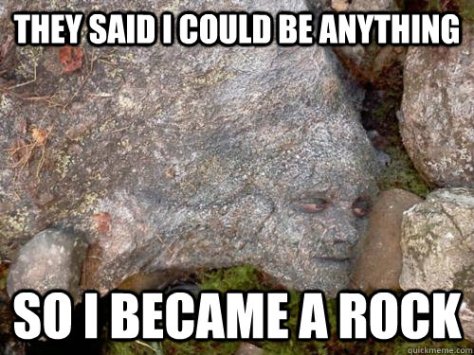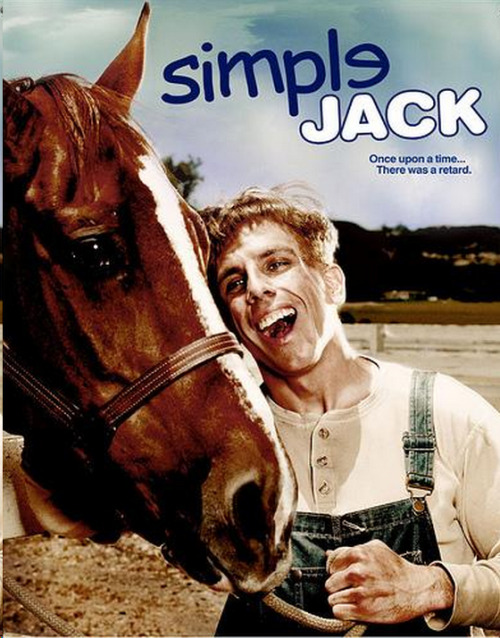Upstream Color.
Shane Carruth is two for two in my book. While Primer offered little in the way of concrete answers for the audience on a surface level, the intentional elusiveness of a coherent timeline was so well executed that the resultant theorizing and questioning provided many a night of fun discussion with friends.
Here, answers are not important. Or not nearly as much as the experiment in tonal clashes and harmonies (figuratively and quite literally). The story is quite easy to follow, but how Carruth chooses to tell it is what makes it stand alone. The narrative becomes so abstract in moments that some might feel they've been duped to sit through one of those terrible free associative experimental films in college. Upstream Color is too dense in filmic language and given to viewer interpretation to be one of those dreadful things. But Upstream Color does not reward an unengaged viewing. It's something to examine in the parts that make up the whole more than a labyrinthine plot. Paying close attention to how much sound and visual languages play against and with each other throughout certain moments, where they begin to fray and warp perceptions of what is occurring, is an unbelievably hard thing to do these days and make it mean something. Carruth succeeds more than fails at this, and Cthulu bless him for trying. I feel this may turn many of those who loved Primer away, but much of what made that film special remains in the marrow of UC, evolved by trials and time.
Carruth continues to explore concepts of identity, frailty, and perceived reality in interesting and challenging ways. I truly hope he continues to do so for a long time to come.
Shane Carruth is two for two in my book. While Primer offered little in the way of concrete answers for the audience on a surface level, the intentional elusiveness of a coherent timeline was so well executed that the resultant theorizing and questioning provided many a night of fun discussion with friends.
Here, answers are not important. Or not nearly as much as the experiment in tonal clashes and harmonies (figuratively and quite literally). The story is quite easy to follow, but how Carruth chooses to tell it is what makes it stand alone. The narrative becomes so abstract in moments that some might feel they've been duped to sit through one of those terrible free associative experimental films in college. Upstream Color is too dense in filmic language and given to viewer interpretation to be one of those dreadful things. But Upstream Color does not reward an unengaged viewing. It's something to examine in the parts that make up the whole more than a labyrinthine plot. Paying close attention to how much sound and visual languages play against and with each other throughout certain moments, where they begin to fray and warp perceptions of what is occurring, is an unbelievably hard thing to do these days and make it mean something. Carruth succeeds more than fails at this, and Cthulu bless him for trying. I feel this may turn many of those who loved Primer away, but much of what made that film special remains in the marrow of UC, evolved by trials and time.
Carruth continues to explore concepts of identity, frailty, and perceived reality in interesting and challenging ways. I truly hope he continues to do so for a long time to come.


Comment